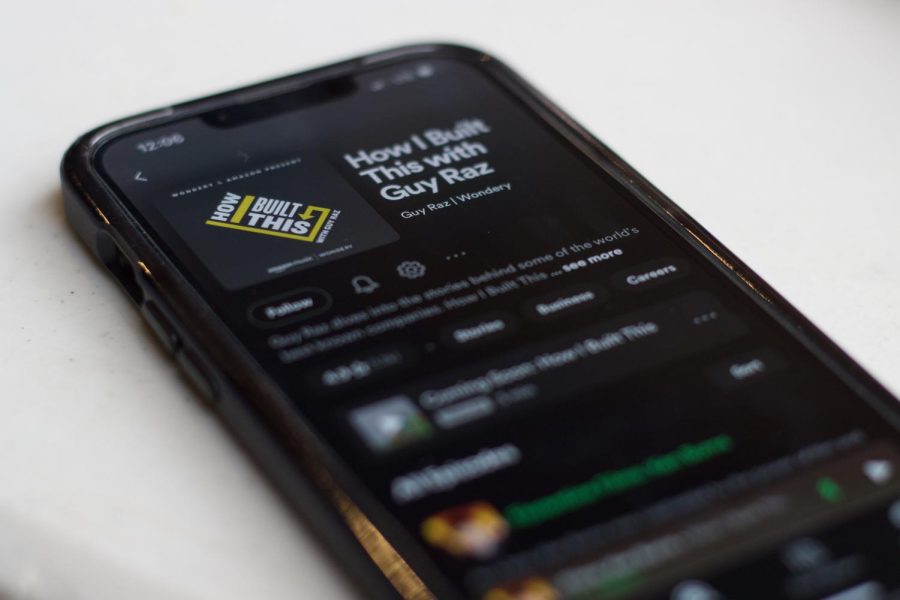Guy Raz’s Podcast Masterpiece: “How I Built This”
“How I Built This” is a podcast about entrepreneurship awarded with the iHeartMedia Best Business Award.
April 13, 2022
I was sitting in my sunny kitchen one day in 2017 when my mother introduced me to a new radio program on National Public Radio (NPR), called “How I Built This.” The program was only on for 30 minutes, but it told the story of how Kevin Systrom and Mike Kreiger were attempting to build a new restaurant check-in app, but struggling. Eventually, they recognized that they needed a change in their app, and also saw how users really enjoyed their photo-sharing feature, so they pivoted to a media-sharing-based app instead of a check-in app.
The program went on to reveal that this app is now called Instagram. But what really set this program apart from other entrepreneurial stories was the way this story was told.
It was unlike anything I had ever heard before.
Guy Raz, the renowned radio host who started “TED Radio Hour,” is also the host of NPR’s “How I Built This.” His calm, relaxed tone helps set an environment that pulls the best stories out of people. Raz uses conversational storytelling to help guide the listener through the ups and downs of starting a business. I find myself listening to some episodes — such as “Shopify: Tobias Lutke” and “Slack & Flickr: Steward Butterfield” — over and over, because of the suspense and delivery from the interviewees.
Ever since that first episode, I’ve been hooked. I’ve caught every episode the same day as it came out. I followed the stories of Patagonia, Canva, Burt’s Bees, Moderna, the Power Rangers, and Atari. Every time, I learn something new about these massively influential companies. For example, did you know that Canva was founded by a 19-year-old in Australia?
However, after having listened to close to 400 different stories, it becomes clear that the stories have been cherry-picked, leaving aside the stories of those who have failed. These stories are often much more important and interesting than the many successes because they better reflect reality and prevent listeners from being blinded by unlikely hope, so I wish these stories of failure were included as episodes of the podcast as well.
Despite this, it is a must-listen for anyone wanting to learn about the intricacies of venture capital, and anyone who wants to start a business.





